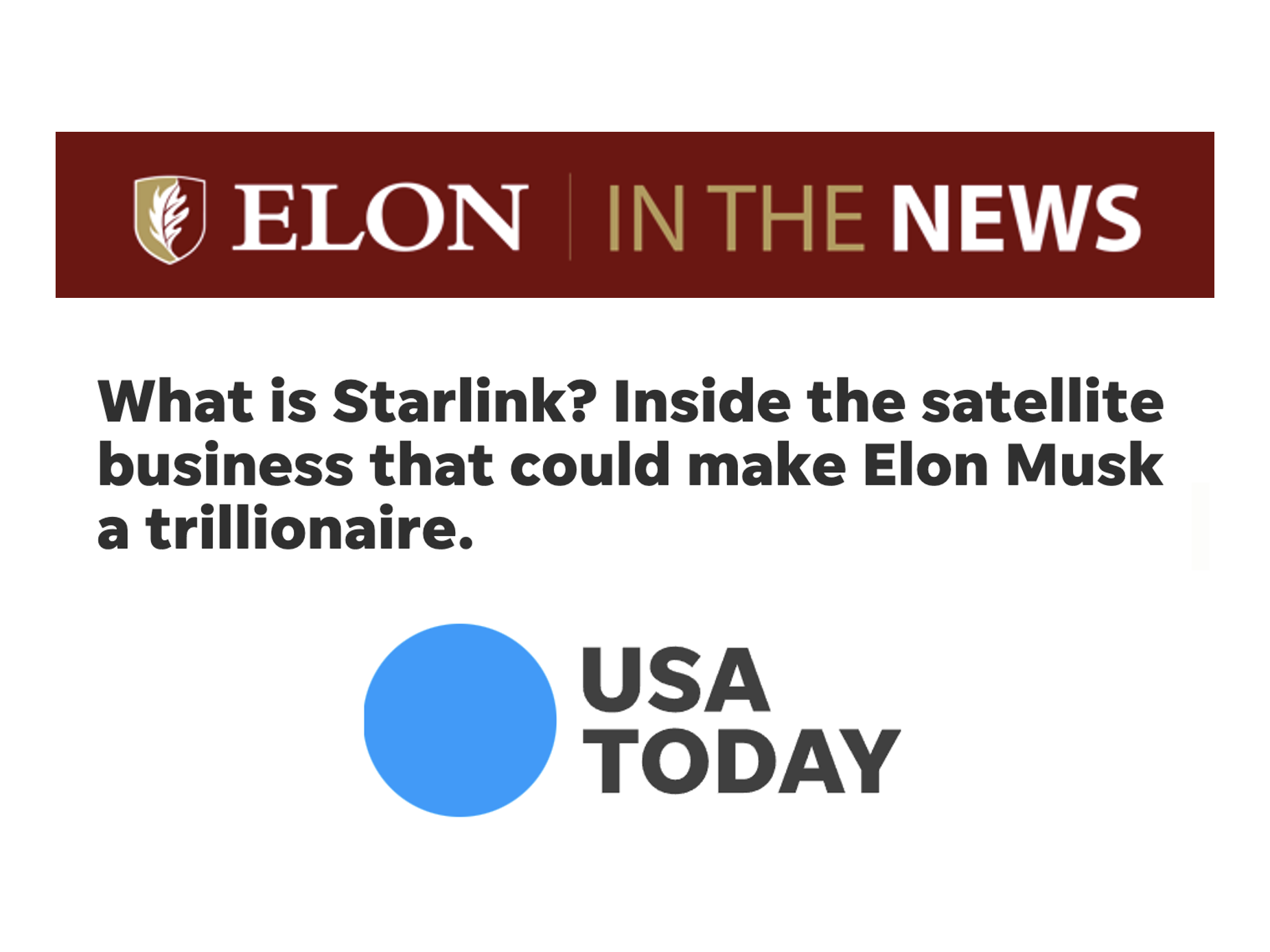The article examined Musk's satellite-based broadband internet service and its goal of extending service to areas around the globe that lack access.
A USA Today report examining the potential impact of Elon Musk’s Starlink broadband internet service includes insights from Assistant Professor of Strategic Communications Kathleen Stansberry.

Starlink is a satellite-based broadband internet provider that has relied upon Musk’s SpaceX rockets to place more than 1,700 satellites into orbit. The service has a high upfront cost for consumers, but offers the promise of expanding broadband access to areas around the globe that face connection hurdles.
Part of the challenge in extending service to those areas is the infrastructure necessary to create a hardwired connection. “If you’re a company … what’s the return on investment for you if you’re spending a whole lot of money to connect three households?” Stansberry, who works with the Imagining the Internet Center, told USA Today. “It doesn’t make great business sense for most companies to do it and to build out services for just a handful of users.”
Read the entire report here.



